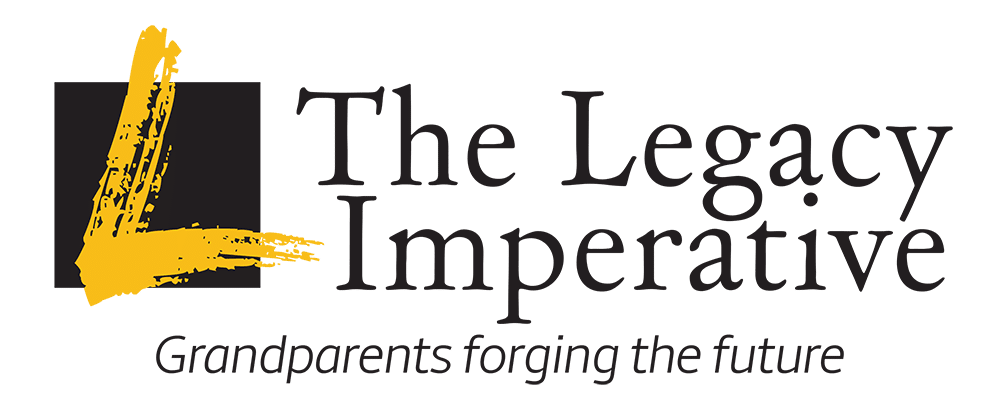Systemic Racism or Sin?
Until we see social injustice in terms of sin, we will never solve our problems.
In 1973, Karl Menninger wrote a bestseller, Whatever Became of Sin? In it,the renowned psychologist projected that eventually the word “sin” would disappear from the human vernacular. All talk of sin and wrongdoing would be replaced by rationalizations that excused bad behavior and individual accountability. Half a century later, his prophetic words have come true. The word “sin” has been swept into the dustbin of archaic ideas, a relic of some bygone religious era.
When politicians are caught in scandals they almost always say, “I made a mistake.” No one says, “I sinned.” But 2+2=5 is a mistake. Adultery is a sin. In our era, abusing your neighbors is a social justice issue or systematic racism, rather than sin. What used to be seen as breaking God’s Law is now an alternative lifestyle. The old abnormal is the new normal. Not only are old sins now acceptable behavior, old acceptable behaviors are now sins [except that sin has been replaced by words like systemic racism, white privilege, social injustice, bigotry, and intolerance].
The old preachers used to talk about the need for sinners to repent, hearts to be transformed and a revival to sweep society. The Woke Movement, which is captivating the Evangelical Church, speaks of societal and institutional transformation. And certain people are singled out as the culprits. “White people are the problem,” writes Chicago Tribune columnist Dahleen Glanton. Recently, there have been a spate of ceremonies in which white pastors wash the feet of black faith leaders as atonement for their sins, their parents’ sins, and those of the white race. Publicly flagellating themselves like Medieval monks may make these pastors feel better about themselves, but also keep the structures of power and discrimination untouched. Any attempt at “atoning” for racism also redefines and trivializes the biblical meaning of atonement.
To be sure, America’s history is a hodgepodge of glory and greatness mixed with slavery, segregation, and genocide. Our founding fathers had hearts of iron and feet of clay. If perfection is the measure, no one should have a statue in the public square. When the Bible says, “For all have sinned and fallen short of the glory of God,” it includes George Washington, Thomas Jefferson, Martin Luther King, you and me. The devil is an equal opportunity employer. He uses every person, race, tribe, nation, and civilization to destroy themselves and others.
Of course, we need to reform our police, get rid of a two-tiered justice system that treats minorities more harshly, improve our school systems, and solve racism [and every other discrimination] that keeps people from being all they can be. But that will never be enough. Have we not learned anything from the Victorian Age? That was an era of moral rearmament, not spiritual reformation. People were pressured to conform to the “political correctness” of that era. Few dared to flaunt social taboos—at least in public. Almost every one conformed to the “norm”—at least in public. But they continued to commit their “sins” in the closet or underground. Polite society was willing to put up with private peccadillos as long as they didn’t cause public embarrassment. Eventually, Victorian morality wore off, people came out of the closet, and the old abnormals became the new normals in a decidedly unVictorian age.
Unless hearts change, we will see Victorianism repeat itself in our attempts to build a more utopian society—free of systemic racism and social injustice. We may also exchange one injustice for another: African Americans and women will be free to be all they can be, but unborn babies won’t. There have been utopian movements in the past, but social injustice continues because the human heart is, in the words of Jeremiah 17:9. “…deceitfully wicked and beyond cure, who can know it?”
Racism, elite privilege, or social injustice are not endemic to America or Caucasian DNA. The Old Testament prophets railed against it in the Middle East of their day. The Romans institutionalized racism, classism, slavery, apartheid, and genocide. I have visited 70 countries in my lifetime. I have seen the horrific caste system in India, the killing fields in Asia, the genocides in Africa. During the 1800s in the antebellum South, 43 percent of freedmen blacks owned black slaves in South Carolina, 41 percent in Louisiana, and 21 percent in Alabama. This isn’t to excuse the horrific sin of slavery and segregation perpetrated by whites, but rather to say that sin has made every tongue, tribe, and people in history commit the worst sorts of atrocities against their neighbors.
All lives are special because we are all created by God. We’re all brothers, sisters, and neighbors—and God expects us to love and treat each other the way we want to be treated. But only hearts redeemed by Jesus Christ will ever overcome the sin nature that all people of every color, race, tribe, or nation have inherited from Adam and Eve. Our problems today are as old as the couple’s first two sons. Cain in a fit of jealousy and rage murdered his brother Abel. When God confronted him, he responded, “Am I my brother’s keeper?” Yes, Cain, you are your brother’s keeper. And so are all of us.
The prophet Isaiah confronted the ancient Israelites with their systemic social injustice toward the least, the last, and the powerless. He called on their political leaders, judges, and elites to let justice roll down, and to change their institutional practices. But he gave the final solution from God: “Come, let us reason together,” says the LORD, “Though your sins be as scarlet, they shall be white as snow…” [Isa. 1:18] He doesn’t call them to atone for their sins, or those of their parents—as many white leaders are doing right now. Instead, he points to the One who will atone for those sins: The Coming Messiah, Jesus Christ [Isa. 53]
Institutional changes are important. Reform is necessary. Behavioral change is everyone’s personal responsibility—regardless of race, tribe, gender, religion, political persuasion, age, or status. None of us can escape the issues of racism by saying that it’s the other race’s sole problem. Nor can we assuage our guilt or that of our parents, by washing someone else’s feet. Real change will come only when we are willing to examine our own hearts, our own sins, and the prejudices they produce. In short, real change will come when we admit that we have sinned and fallen short of the glory of God, that our scarlet sins need to be made white as snow, and that our deceitful hearts must be constantly examined and exposed by the Holy Spirit.
Above all, churches, as well as godly grandparents and parents, must avoid putting band aids on heart wounds or falling prey to the idea that changing social institutions will bring utopia. The Legacy Imperative is committed to nothing less than another Great Spiritual Awakening. That is not the aim of Black Lives Matter, the Me-Too Movement, the Woke Movement, or either political party. We may applaud some of their aims, but they will ultimately fall short. So, Christians, you have the only lasting aim: to bring the message that Jesus alone can change the hearts of every human in every tribe, tongue, people, and nation.
Dr. Bob Petterson
Legacy Imperative

